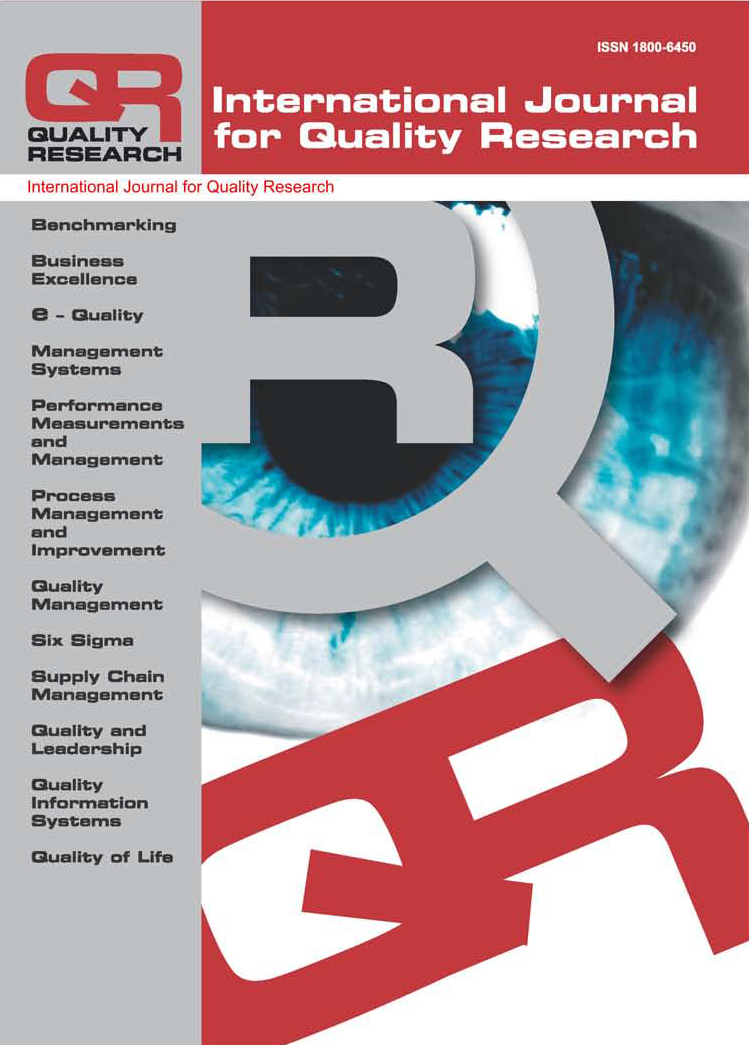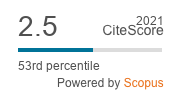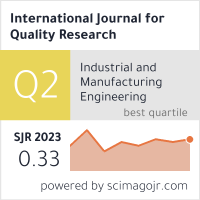INFORMATION TECHNOLOGY AS A DETERMINANT OF SMES COLLABORATION AND INNOVATIVENESS
Svetlana Cvetanovic, Vladimir Nedic, Milan Eric
Abstract: Studies of small and medium-sized enterprise (SMEs) development around the world show that the most significant factor for increasing their numbers and improving business success is the free enterprise, as exogenous, and innovation as an endogenous variable. At the same time, the dominant view in economic theory is that innovation is a key generator of changes for which the SMEs can be considered as a kind of metaphors for a successful business over the last twenty years in a number of economies. Arguing that cooperation between SMEs is increasingly common generic strategy of their development, the paper first explains the importance of collaboration to increase innovation and competitiveness, and then provides possible models using information technology such as Workflow Management Systems (WfMS), Service Oriented Architecture (SOA) and Service-Oriented Cloud Computing Architecture (SOCCA) to support the collaboration of these business entities. Solutions provided are aimed at improving the innovativeness of SMEs and fully follow the requirements of the so-called fifth-generation innovation process whose key attributes are integration and flexibility.
Keywords: small and medium enterprises, information technology, WfMS, SOA, SOCCA
DOI:
Recieved: 18.2.2014 Accepted: 26.11.2014 UDC: 638.124.8
Reads: 1318 








